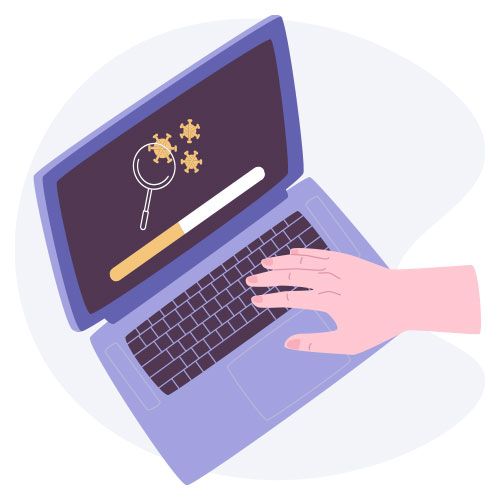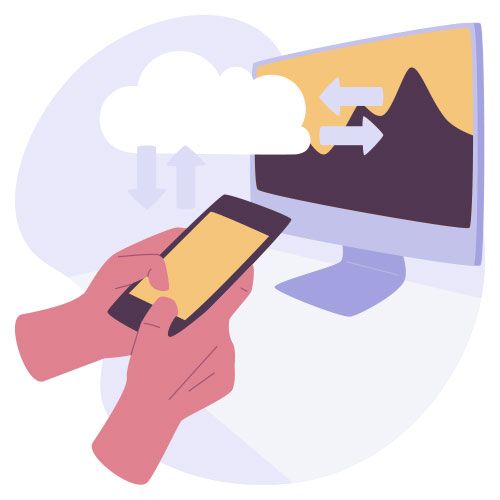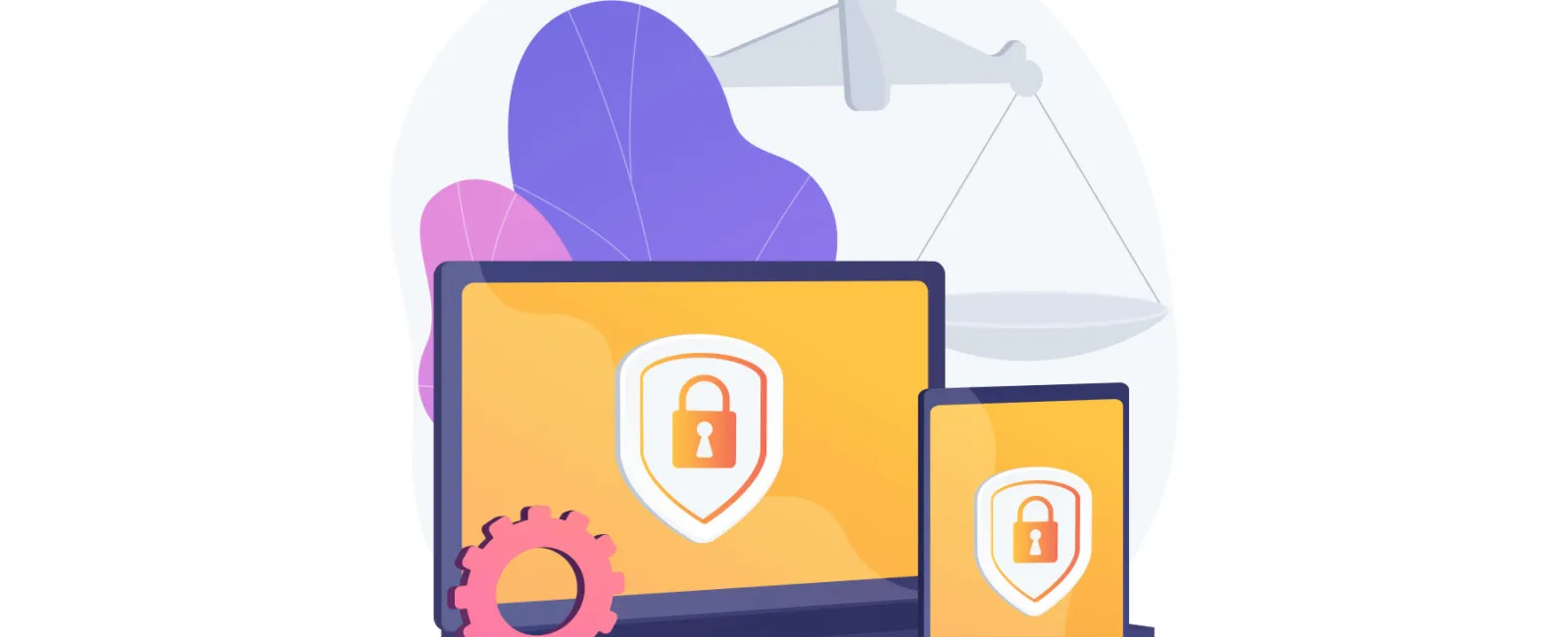At Healthcare Compliance Pros, we understand the critical importance of data loss prevention in the healthcare industry. With the ever-growing threat of data breaches and the need for HIPAA compliance, organizations must take proactive measures to protect sensitive patient information. This post outlines data loss prevention best practices that every healthcare organization should implement.

Why is Data Loss Prevention Important?
Data loss prevention refers to the strategies and technologies implemented to prevent the unauthorized access, transmission, or exposure of sensitive data. Due to the sensitive nature of patient information in the healthcare industry, healthcare organizations must ensure data loss prevention as a crucial legal requirement set forth by HIPAA compliance.
Data breaches can have severe consequences, both for patients and healthcare organizations. Patients may suffer from identity theft, financial fraud, or even compromised medical care. Healthcare organizations can face hefty fines, damage to their reputation, and legal action if they fail to protect patient data adequately.
Implementing data loss prevention practices helps healthcare organizations safeguard patient privacy, maintain data integrity, and comply with HIPAA regulations. Organizations can significantly reduce the risk of data breaches and protect their patients' sensitive information by identifying and addressing potential vulnerabilities and implementing robust security measures.
Identify Important Data
To effectively implement data loss prevention measures, you must identify and classify the critical data within your organization. This includes any information related to patient health records, personal details, insurance information, etc. By understanding what data requires protection, you can develop targeted strategies and allocate resources accordingly.
Identifying important data involves conducting a thorough risk assessment, which helps determine a data breach's potential vulnerabilities and impact. This assessment includes evaluating the current security measures, the physical and technological safeguards, and the potential threats that may compromise data integrity.
Additionally, healthcare organizations must stay updated on HIPAA compliance standards and regulations. HIPAA provides guidelines for protecting patient privacy and security. Failure to comply with these regulations can result in severe consequences. By aligning data loss prevention practices with HIPAA compliance, organizations can ensure they meet the necessary guidelines and protect patient information.

Set Up Data Encryption.
Data encryption contributes heavily to data loss prevention. Encryption converts sensitive information into an unreadable format, ensuring that it remains inaccessible even if it falls into the wrong hands. You must implement robust encryption protocols for data at rest, in transit, and in storage to remain HIPAA compliant and safeguard patient data.
Utilizing encryption technologies such as Secure Sockets Layer (SSL) or Transport Layer Security (TLS) for data transmission and Full Disk Encryption (FDE) or File-Level Encryption for data storage adds an extra layer of protection against data breaches. These encryption methods ensure that data remains secure, even if intercepted during transmission or accessed without authorization.
Use Automation.
Automating data loss prevention processes can help streamline operations and improve overall efficiency. By leveraging technology and tools, organizations can monitor and enforce data protection policies, detect potential threats, and respond quickly to incidents.
Automated data loss prevention solutions help healthcare organizations meet HIPAA compliance requirements. These solutions often include data discovery, classification, and policy enforcement, which aid in maintaining data integrity and security.
Automation allows for real-time monitoring, alerting, and even automated responses, reducing the possibility of human error and ensuring a prompt and effective response to potential data breaches. Automation can also help detect suspicious activities and unauthorized access to sensitive data.

Keep Your Data Protection Software Up to Date.
Data loss prevention technology continually evolves. Security programs discover new threats and vulnerabilities regularly. You must keep your data protection software up to date to combat the latest risks effectively. Regularly updating software and firmware ensures your organization can access the latest security patches and features, providing enhanced protection against potential data breaches.
Stay on top of software updates to ensure cybersecurity and remain HIPAA compliant. HIPAA requires organizations to maintain up-to-date software and implement appropriate safeguards to protect patient data.
By keeping data protection software up to date, healthcare organizations stay ahead of potential vulnerabilities and security gaps. Regular software updates often include patches and bug fixes that address known vulnerabilities, enhancing the system's overall security. Additionally, updating software ensures compatibility with the latest technologies and protocols, allowing organizations to implement new security measures effectively.
Educate Your Employees.
Employees play a crucial role in data loss prevention. Educate and train employees on the importance of safeguarding patient data, HIPAA compliance regulations, and the best practices to prevent data breaches. Organizations can significantly reduce the risk of internal data breaches caused by human error or negligence by fostering a culture of data security and privacy awareness.
Regular training sessions, workshops, and HIPAA compliance updates can inform employees about the latest threats and industry best practices. Education should cover topics such as password security, email phishing prevention, secure data handling, and the proper use of technology in the workplace.
Additionally, organizations should have clear policies and procedures to guide employees on data protection practices. Employees should know the consequences of data breaches and the importance of following established protocols. By reinforcing the importance of data security through education and training, healthcare organizations can build a strong defense against potential data breaches.
Data loss prevention is of paramount importance in the healthcare industry. Implementing these top five best practices can help safeguard your organization's data. Healthcare Compliance Pros can assist you in setting up these best practices to achieve HIPAA compliance and protect sensitive patient data.

